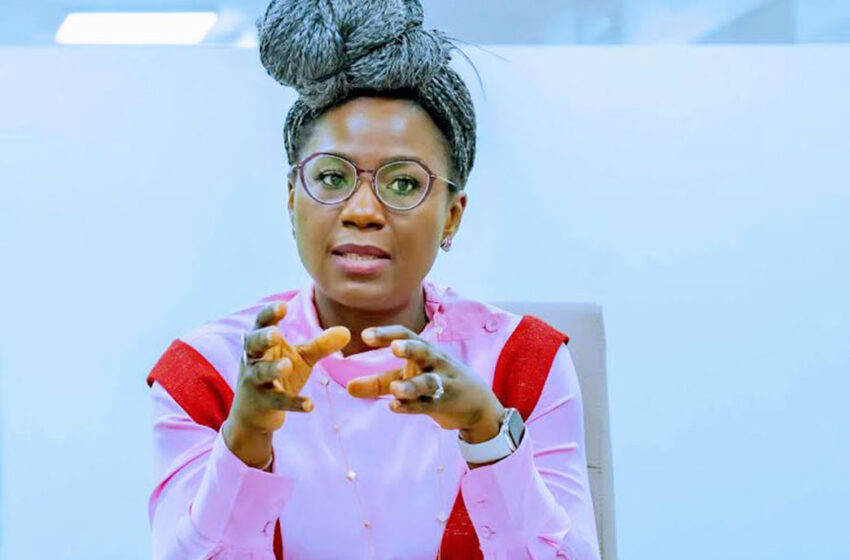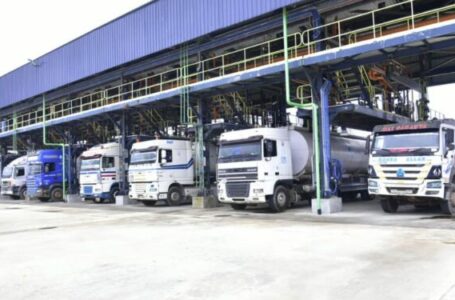Nigeria Plans 65% Electricity Tariff Hike to Reflect Real Costs, Says Verheijen
Nigeria Plans 65% Electricity Tariff Hike to Reflect Real Costs, Says Verheijen


The Nigerian government has indicated that electricity tariffs may need to increase by over 65% for some consumers to align with the actual cost of power production.
Special Adviser to President Bola Tinubu on Energy, Olu Verheijen, told Bloomberg that power tariffs in Nigeria must rise by approximately two-thirds for many users to reflect the true cost of electricity supply.
Verheijen stated that the tariff adjustment is expected within months but stressed that higher electricity rates must be balanced with subsidies for lower-income consumers.
Speaking in Dar es Salaam, Tanzania, she explained that additional funding is required for grid maintenance, improved reliability, and to attract private investment in power generation and transmission.
“One of the key challenges we’re looking to resolve over the next few months is transitioning to a cost-efficient but cost-reflective tariff,” Verheijen said in the interview.
This is needed “so the sector generates revenue required to attract private capital, while also protecting the poor and vulnerable,” she added.
Since assuming office in May 2023, President Tinubu has taken steps to ease financial strain on the government and encourage private sector participation, including removing fuel subsidies. Last year, power tariffs tripled for some consumers.
Despite Nigeria’s electricity access rate of around 62%, an unstable grid continues to hamper productivity and disrupt daily life. The push for higher tariffs comes as the country’s financially strained electricity Distribution Companies (DisCos) demand cost-reflective pricing to improve their operations.
Although Nigeria privatised power generation and distribution in 2013, government-regulated electricity tariffs set by the Nigerian Electricity Regulatory Commission (NERC) remain below cost. While government subsidies help cover the shortfall, profitability remains elusive for suppliers.
Verheijen was in Tanzania for a World Bank-supported conference, where Nigeria presented a $32 billion plan to expand electricity access by 2030. The initiative aims to secure $15.5 billion from private investors, with the remainder funded by public sources, including the World Bank and the African Development Bank (AfDB).
Significant investment is required to meet Nigeria’s energy goals, Verheijen noted. Of the country’s 14 gigawatts of installed power capacity, only eight gigawatts can be transmitted nationwide, while just four to five gigawatts reach homes and businesses.
Siemens AG is collaborating with the government on a $2.3 billion project to enhance power transmission and distribution. Additionally, over seven million rural Nigerians have gained electricity access through decentralised renewable energy projects.






